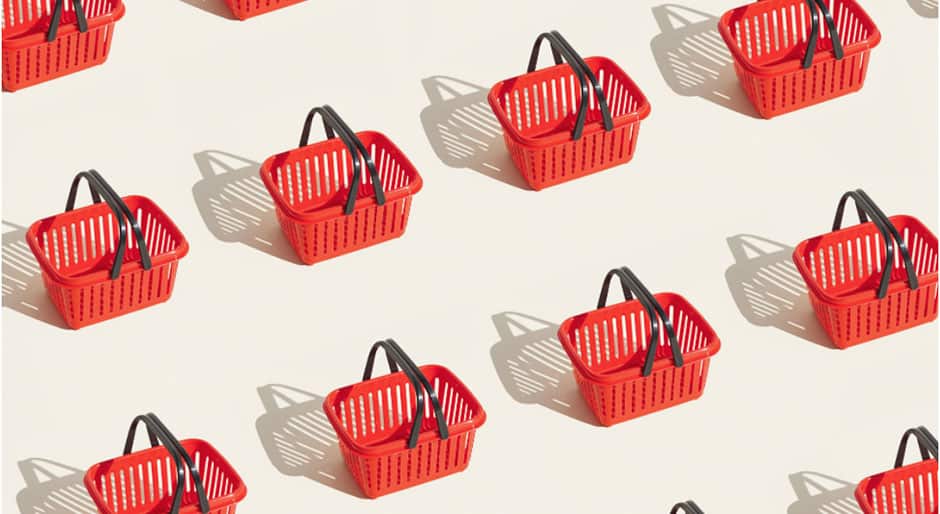To read this full article you need to be subscribed to Institutional Real Estate Europe
Take your pick: Fierce competition in the German food retail market has created openings for value-add investors
According to Eurostat, Germans spend only 10.6 percent of their income on food and non-alcoholic beverages, a figure that is below the EU average of 12.2 percent.
This is partly due to the dominance of discounters such as Aldi, Lidl and Penny within the German food retail market.
According to the EHI Retail Institute, nearly 46 percent of food sales are made in discounter stores. Rewe, Edeka and other traditional supermarkets, follow with around 39 percent, while self-service department stores — think Globus, Real and Kaufland — account for 12 percent of overall turnover. The remaining food retailers account for 3 percent.
The discounters also have the largest distribution network. They control 43 percent of all branches, while supermarkets have a 32 percent share. In terms of actual physical sales area, supermarkets are ahead of the discounters with 41 percent of total area, compared to 35.5 percent. This is not surprising, however, since discounters are no

